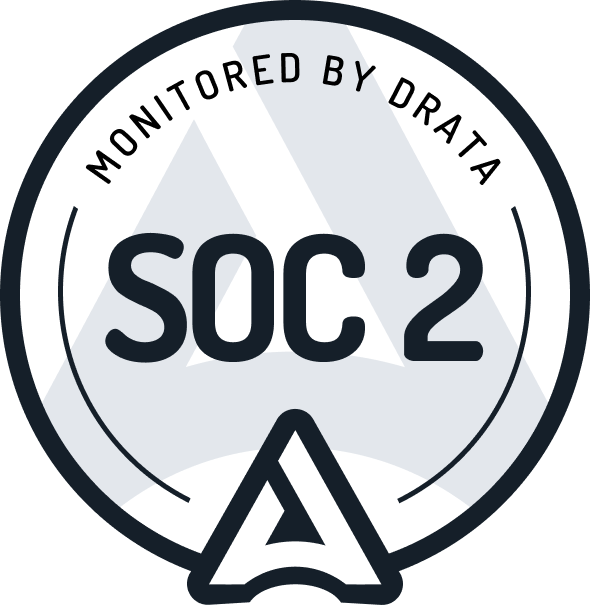The political landscape in the US is getting more and more divisive. Creating a psychologically safe environment for all employees is the responsibility of every people leader–not just the DEI or HR leaders.
Regardless of the outcome on election day, as a manager, employees will look to you to set the tone. For many, this is a daunting task. Not everyone you work with will agree with or vote the way you do.
The hard truth: it is impossible to separate political issues that impact our personal lives and business practices, especially for people of a marginalized identity.
So how do you navigate the weeks and months following an election?
Here’s a guide with actionable strategies to hold space for your workforce and create an inclusive work environment.
For people managers:
- Acknowledge what is happening: In a remote and hybrid work environment, it can be scary to be the first one to post about historically divisive topics. However, silence speaks volumes to your employees. The best first step you can take is to acknowledge what is happening with your team and reinforce your commitment to diversity, equity, and inclusion.
- Create a virtual safe space for discussion: Two things are true: it's a privilege to leave politics at the door, and showing up as your whole self is still not safe for many underrepresented people. Some of your employees will want to compartmentalize and just work. That is okay. Talk to your HRBP (human resources business partner) about hosting a virtual safe space for your employees. Reinforce that the discussion is for processing, not political debate.
- Provide mental health and wellness support: Consider offering additional mental health and wellness resources for all employees. As a manager, encourage your employees to reach out to you or your HRBP if they need extra support.
For DEI, human resources, and executive teams:
- Reinforce your commitment to Diversity, Equity, and Inclusion: let your employees know that regardless of the outcome of the election, you are committed to creating a diverse, equitable, and inclusive workplace. Point to your policies and DEI statement (read about how to write a DEI statement here).
- Leading up to the election, create policies that encourage civic action and employee protection: While there is no federal law requiring employers to provide time off for voting, thirty states and the District of Columbia have local laws that require it. Encourage employees to vote in elections or utilize absentee and early voting as available. Make sure to communicate your policy well ahead of election day and document it somewhere accessible for your employees.
- Examine if your policies need to be updated: Retaining talent has never been more challenging. Many employees are looking for companies that offer inclusive and supportive policies beyond what the law requires. As human rights change on a state level, consider what policies might be the most inclusive and supportive to your workforce.
- Invite your teams to give feedback: Remember that voting is a privilege. There are people in your organization who want to vote but may be unable due to existing legislation. Invite feedback from your teams about ways the company can be more inclusive politically.
.png)














